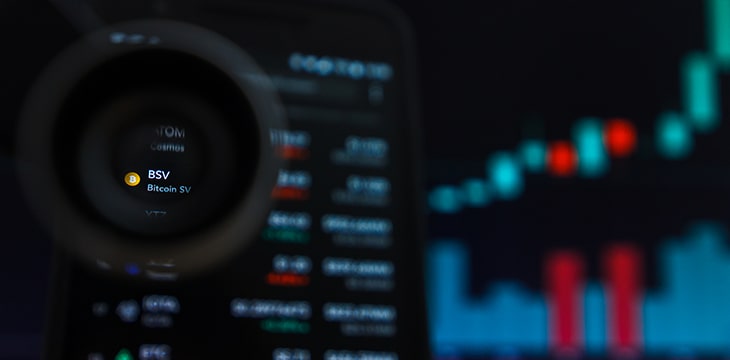|
Getting your Trinity Audio player ready...
|
The Bitcoin SV infrastructure testing group (aka “BigBlockTesters”) successfully pushed 1.88GB onto the BSV blockchain in under two hours. The effort was part of a stress test and block size record attempt to coincide with the CoinGeek Zurich conference.
In processing such a large amount of data online, the test proved BSV can handle much larger throughputs than it currently does. With a focus on enterprise-tier and big data projects, BSV must deliver. These potential users are interested only in results, not the pump and dump price speculation and over-hyped (but ultimately empty) promises of economic revolution that come from other blockchain networks.
It also has to do this at a realistic price. There’s no point processing gigabytes on-chain if it costs over US$60 per transaction to do so, as the Ethereum network has occasionally done.
While 1.88GB is large for now, Bitcoin creator Dr. Craig S. Wright does not consider a few gigabytes to be large in terms of what he expects the BSV network to process in the nearer, and distant, future. In his keynote address at CoinGeek Zurich, Dr. Wright said he wants to see the record broken by orders of magnitude every year—or as he put it “adding a zero to the end of that number every year.” The Bitcoin SV node team’s multi-threaded “Teranode” implementation of the Bitcoin protocol, which will come online in alpha form in a few weeks, has a goal to produce terabytes-large blocks on a regular basis.
Stress test details
While the infrastructure testing group fell short of its initial goal to create a single BSV block of over 1GB in size, it produced multiple blocks of over 100MB—including block #690966, 554MB in size and the second largest BSV transaction block of all time.
The group pointed out that, despite not producing the over-1GB single block it wanted, processing 1.88GB in such a short time was still a record for BSV:
We managed to push 1.88GB of data on-chain in under 2 hours! That in itself is a new record, so we can be proud of our efforts. https://t.co/f2LylAZUov
— Big Block Testers (@BigBlockTesters) June 9, 2021
Block #690966 included 5,159 transactions, earning 0.5583102 BSV (US$95.70) in total fees at an average 0.00010822 BSV per transaction (about 1.8 US cents at current conversion rates).
The other large blocks included ones of 170MB, 185MB, 213MB, 100MB, and 106MB. Those blocks weren’t consecutive, and to put things into perspective, other “normal” blocks in between the group’s attempts ranged from 6 kilobytes to 5 megabytes.
Need to push the boundaries
The Big Block Testers team set its initial goal for Wednesday 9th June at 22:00 UTC, aiming to produce a transaction block over 1 gigabyte in size during the Zurich event. The current record holder for largest BSV block ever is block #678301, processed in mid-March 2021.
I guess we're going for #Gigamegs!
Targeting 10pm UTC, Wednesday 9th June.To contribute to this live, user activated #WorldRecord attempt, please ping any change you can spare to [email protected]
Your help now will go down in Bitcoin history.
Let's go! 👊 https://t.co/DOBm0MJiuU— Big Block Testers (@BigBlockTesters) June 4, 2021
The stress test demonstrated the need for occasional boundary pushes to prove the BSV network can actually handle the kind of traffic its supporters talk about. Although the technology is capable of processing massive data volumes, the nascent ecosystem doesn’t yet have the demand for its capacity.
As more large-scale projects come online, that demand will grow. However, the BSV network must also prove that it can meet that demand before some are convinced.
The world’s demand for data processing and storage is increasing exponentially. The number of active connections from IoT devices projected to grow from its current 13.8 billion to 30.9 billion by 2025. Some projections are double even that amount. For some more perspective, there were only 1.1 billion IoT connections in 2011.
IoT devices are only part of the bigger data picture, too. Simply by living in the modern world, humans produced almost 2MB of data per second—and data is forming the basis for more and more of the policies that govern our lives. What the world doesn’t use yet is a system that secures and is able to verify all this information adequately, to make sure it’s accurate and true. The BSV blockchain is the solution to this problem, and is well on track to proving its worth.

 02-24-2026
02-24-2026 




